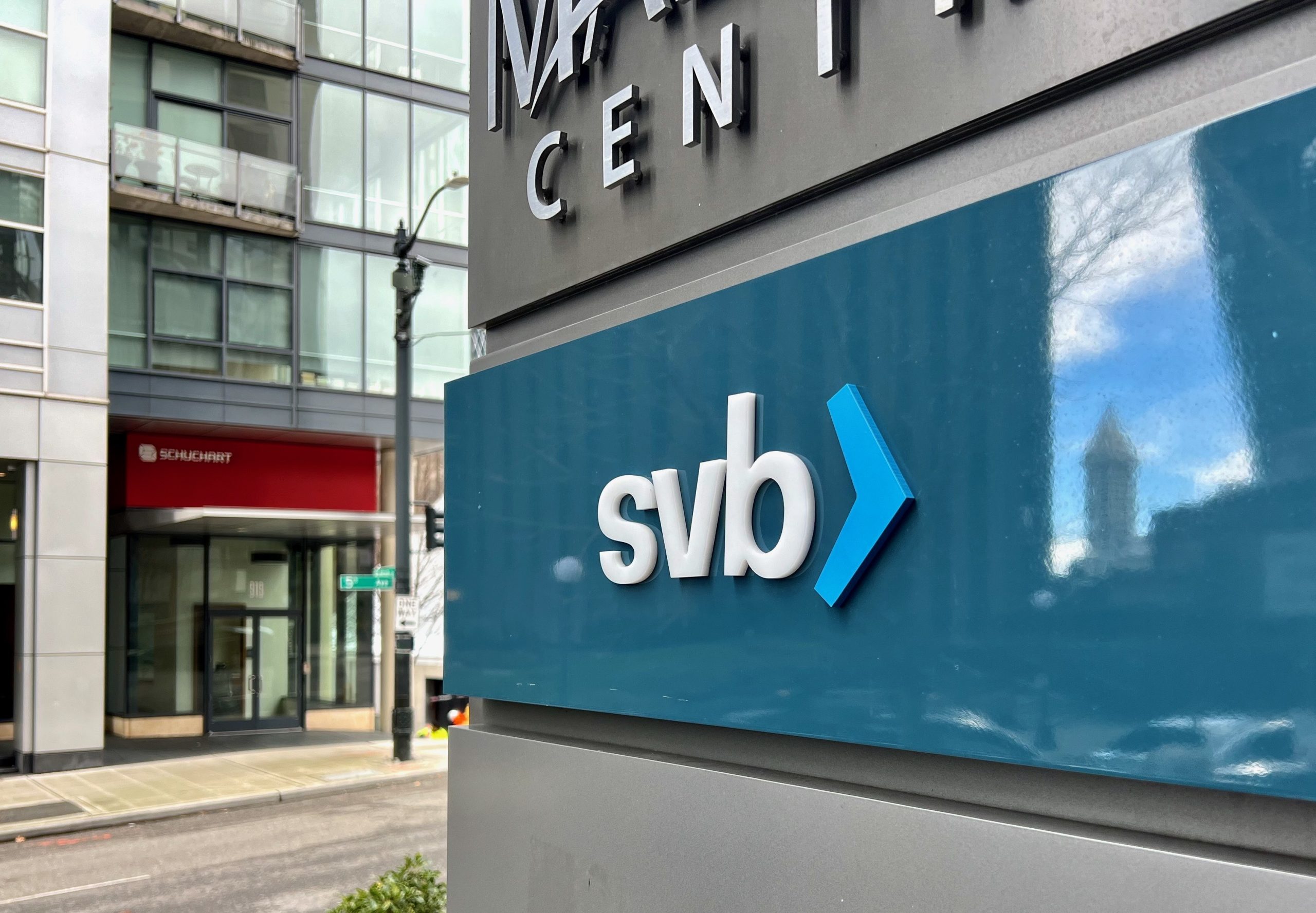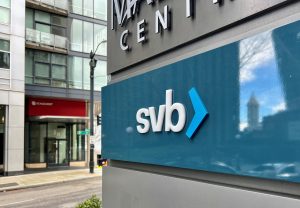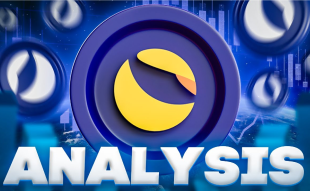Join Our Telegram channel to stay up to date on breaking news coverage
SVB Financial Group, the bankrupt parent company of the collapsed Silicon Valley Bank (SVB), has achieved a temporary victory in its battle against the Federal Deposit Insurance Corp. (FDIC). In a court ruling in New York, the FDIC has been ordered to return tax refund checks totaling $10 million to SVB Financial Group. This decision is seen as a positive development for the company as it seeks to compensate its bondholders.
The FDIC will now hold the funds from the tax refund checks in escrow while they determine whether they belong to the seized bank or the bankrupt parent company. However, Judge Glenn ruled that the FDIC lacked the authority to seize the checks that were clearly made out to “SVB Financial.” As a result, the judge ordered the FDIC to return the seized checks to SVB Financial by Friday. Furthermore, any future tax refund checks should be sent directly to SVB Financial.
SVB Will Use Tax Refunds to Repay Creditors
During a court hearing, SVB Financial Group revealed that it expects to receive around $300 million in tax refunds over the next two years. These refunds, resulting from overpaid taxes, are crucial for the company to repay its creditors. While this ruling may benefit SVB Financial Group and some of its creditors, it raises concerns for depositors of the failed bank, particularly unsecured creditors who may never recover their deposited funds.
Unsecured creditors, including some depositors in the Cayman Islands, find themselves in a challenging position. Their claims for repayment lack specific collateral and have a lower priority compared to secured creditors, which increases the uncertainty surrounding the recovery of their funds. The ongoing dispute between SVB Financial and the FDIC has resulted in a deadlock in the Chapter 11 case, impeding the progress of the bankruptcy proceedings and posing a threat to the FDIC’s established process of repaying creditors, including managing deposits totaling over $2 billion.
The FDIC argues that when it took control of SVB on March 10, it also acquired ownership of the $2 billion in deposits, making SVB Financial a mere creditor with the right to pursue the collection of that amount. However, in response to the FDIC’s argument, US Bankruptcy Judge Martin Glenn has directed the agency to file a claim like other creditors and has ordered a clear explanation of why it believes it has the right to retain the $2 billion.
The ruling against the FDIC is seen as a setback for the agency, both financially and as a potential precedent for future bankruptcy cases. Markus Levin, the co-founder of XYO Network, states that this decision not only affects the FDIC’s financial position in the SVB case but also has broader implications for other bankrupt companies facing similar challenges.
“Not only does it set the FDIC back financially on the SVB case, but it may also set a precedent for other bankrupt companies facing similar challenges,” Levin added.
Silicon Valley Bank Cayman Islands Depositors Unable to Access Funds
The FDIC had taken over Silicon Valley Bank in March to protect American depositors, but customers of the bank’s Cayman Islands branch have been unable to access their funds since the bank’s collapse. The collapse of Silicon Valley Bank in March was the third-largest bank failure in US history and the largest failure since the 2007-2008 financial crisis. A recent report suggests that half of US banks could be insolvent, indicating that the crisis may not be over.
The court ruling ordering the FDIC to return tax refund checks to SVB Financial Group is a small victory for the bankrupt company and its bondholders. However, the situation remains challenging for unsecured creditors, including depositors, who face uncertainty regarding the recovery of their funds. The ongoing dispute and the court’s decision have implications not only for the financial position of the FDIC in the SVB case but also for future bankruptcy cases involving similar challenges.
More News
- Grayscale and Bitwise Withdraw from Ethereum Futures ETF Plans
- The Whale Who Bought 20 Trillion Shiba Inus Ranks As The Fifth Biggest Shiba Inu Holder
Join Our Telegram channel to stay up to date on breaking news coverage


